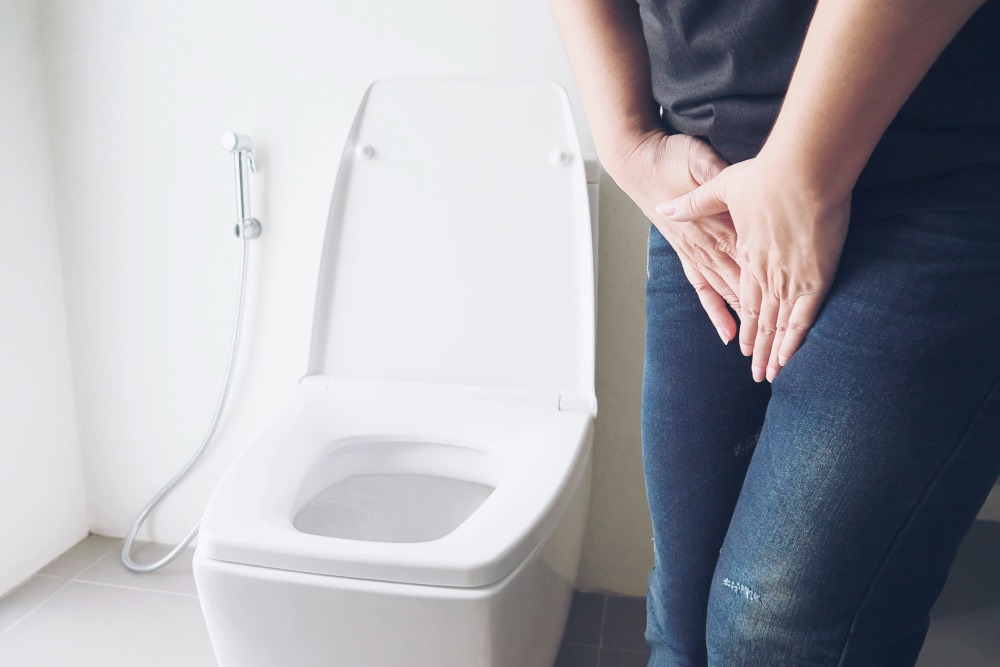Urinary tract infection (UTI) is a common health problem. It affects people of all ages. Early urinary tract infection treatment helps prevent serious kidney issues. In this guide, you will learn about UTI symptoms, causes, and the best treatment options. We will also share tips for prevention and healthy living during recovery.
What is a Urinary Tract Infection?
A urinary tract infection happens when germs enter the urinary system. This system includes the kidneys, bladder, ureters, and urethra. Usually, bacteria cause these infections. UTIs can affect any part of the urinary tract. However, most often, they involve the bladder and urethra. UTIs are more common in women, but men can get them too.
Common Symptoms of Urinary Tract Infection
UTIs can cause different symptoms. Sometimes, the signs are mild. Other times, they can be severe. Watch for these common symptoms:
If you notice these symptoms, it is important to seek help. Early treatment can prevent complications.
Causes and Risk Factors
Many things can cause a urinary tract infection. Most often, bacteria from the skin or rectum enter the urinary tract. However, some people are at higher risk. Common risk factors include:
Understanding these risk factors can help you take steps to prevent UTIs.
Diagnosis of Urinary Tract Infection
Doctors use simple tests to diagnose a urinary tract infection. First, they ask about your symptoms. Next, they may test your urine. This test checks for bacteria, blood, or pus. Sometimes, doctors order more tests if you have frequent UTIs or other health problems. Early diagnosis helps guide the right urinary tract infection treatment.
Treatment Options for Urinary Tract Infection
There are several ways to treat a urinary tract infection. The right treatment depends on your age, health, and the type of infection. Let’s look at the main options.
Antibiotic Therapies
Most UTIs need antibiotics. These medicines kill the bacteria causing the infection. Doctors usually choose a first-line antibiotic based on your symptoms and test results. Common antibiotics include:
It is important to take the full course of antibiotics, even if you feel better. Stopping early can cause the infection to return. If you are allergic or the infection does not improve, your doctor may try a different antibiotic.
Home Remedies and Supportive Care
Along with antibiotics, some home remedies can help you feel better. These do not cure the infection but may ease symptoms:
However, home remedies should not replace medical treatment. Always follow your doctor’s advice.
When to Seek Specialist Care
Sometimes, a urinary tract infection needs care from a nephrologist or urologist. You should see a specialist if:
Specialists can offer advanced tests and treatments if needed.
Prevention Tips
Preventing urinary tract infections is possible. Try these simple tips:
These steps can lower your risk of future infections.
Lifestyle Guidance During and After Treatment
Healthy habits can help you recover faster and prevent new infections. While you are being treated for a urinary tract infection, remember to:
After treatment, keep up with good hygiene and healthy habits. If you notice any new symptoms, contact your doctor right away.
For more information, you can visit trusted sources like the CDC and WHO.
Remember: If you think you have a urinary tract infection, consult your doctor or a nephrologist for the best urinary tract infection treatment. Personalized care ensures safe and quick recovery.

